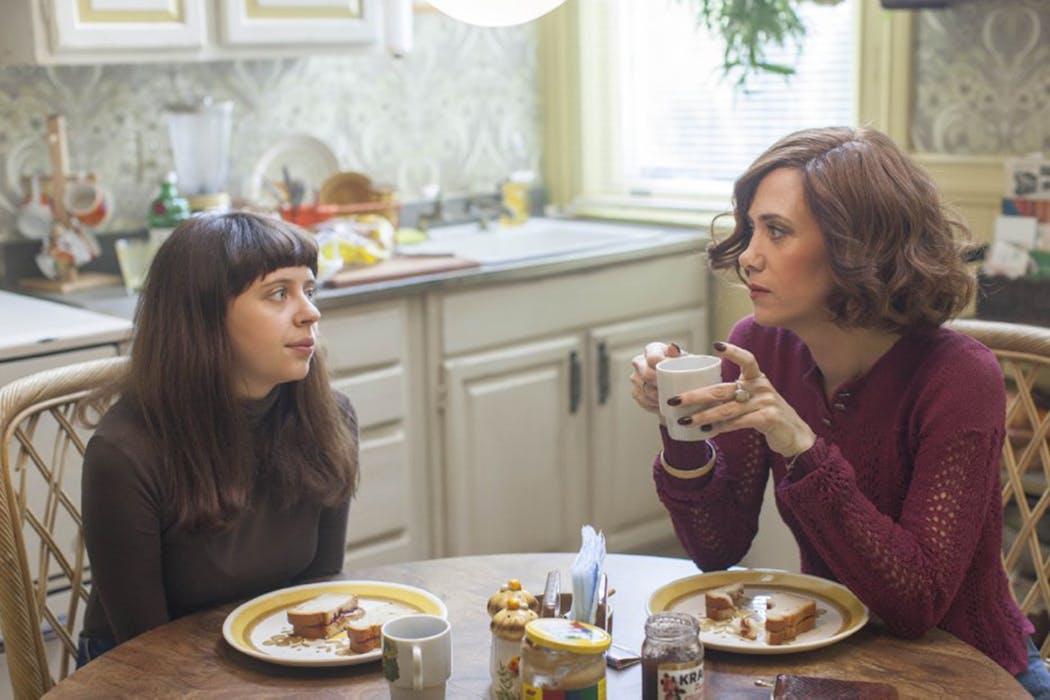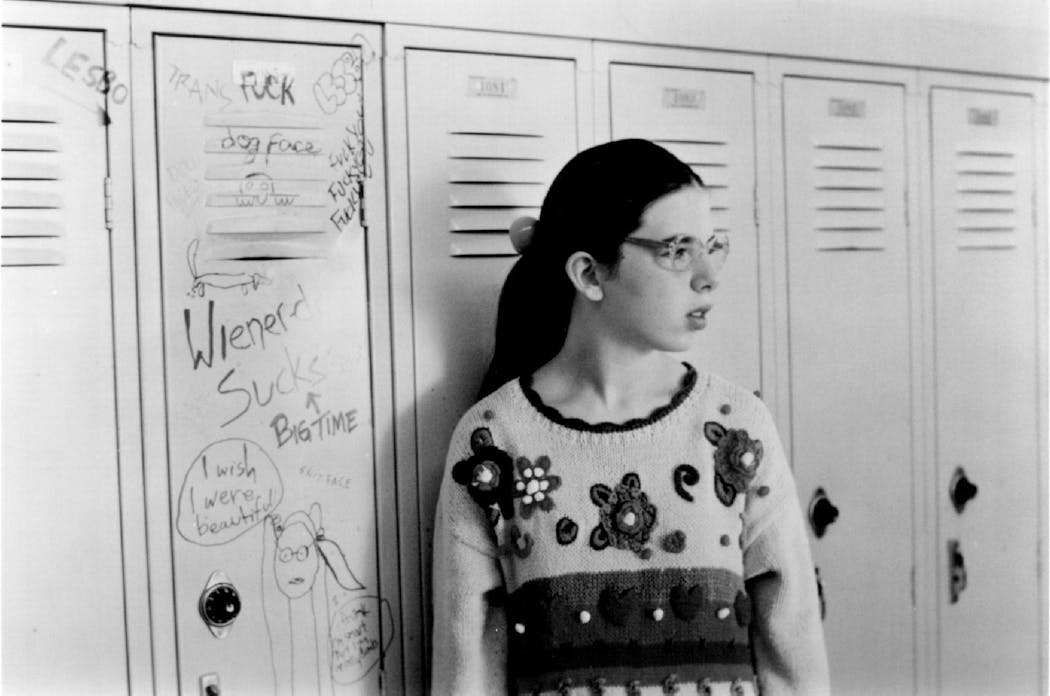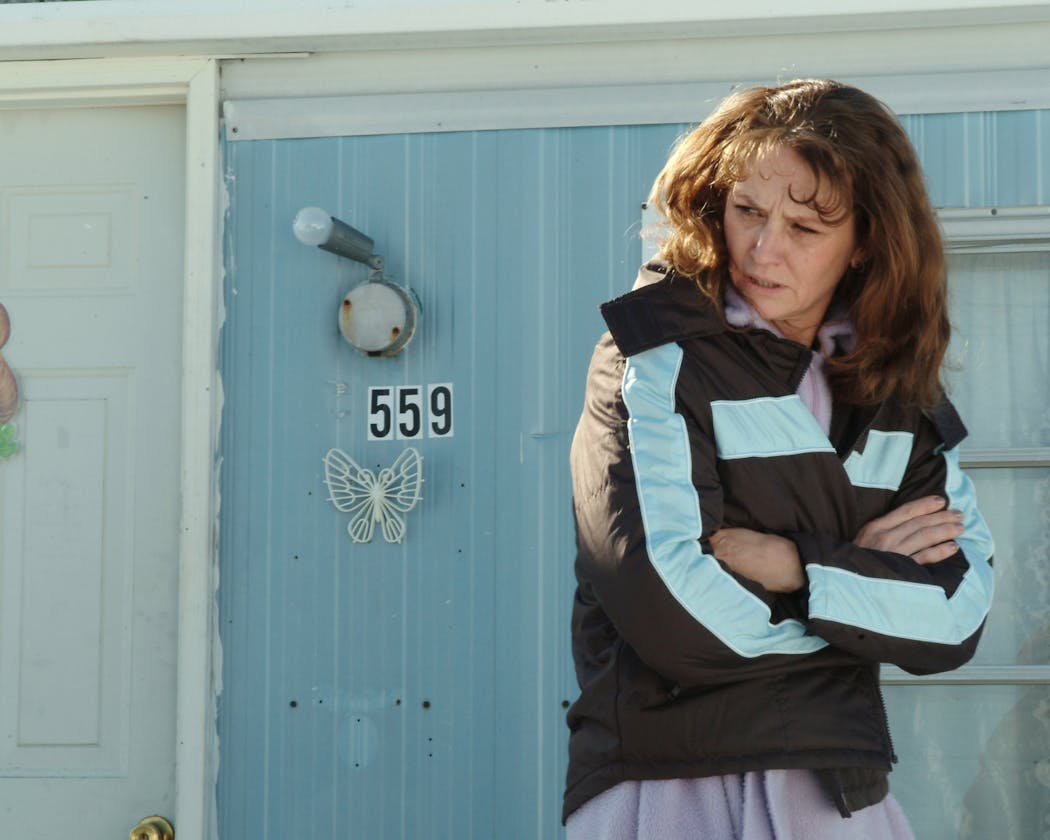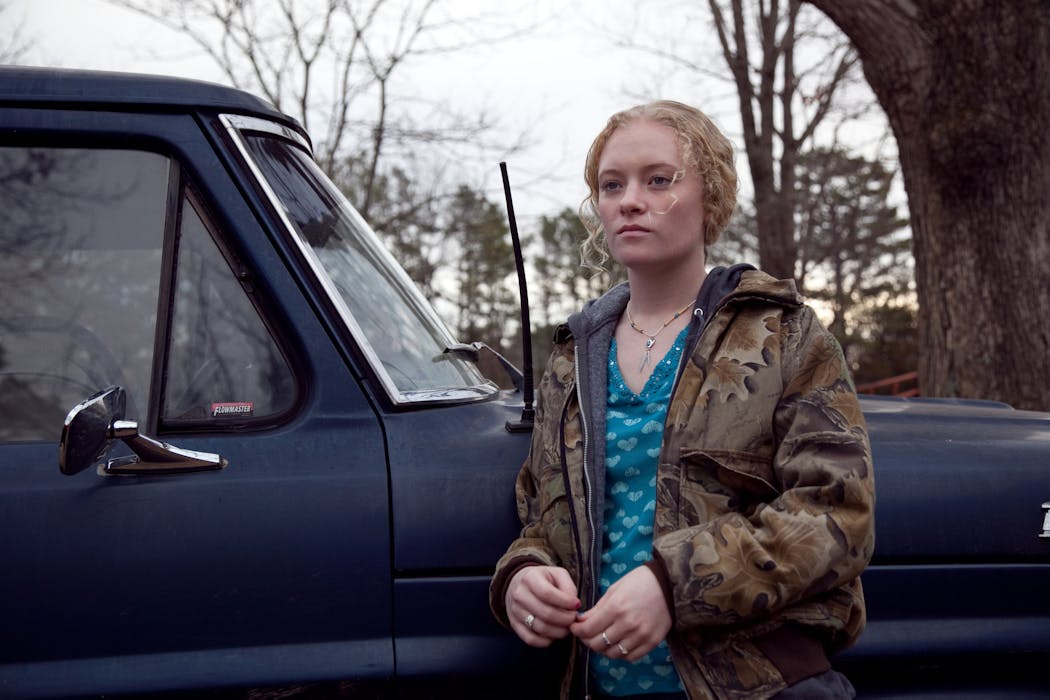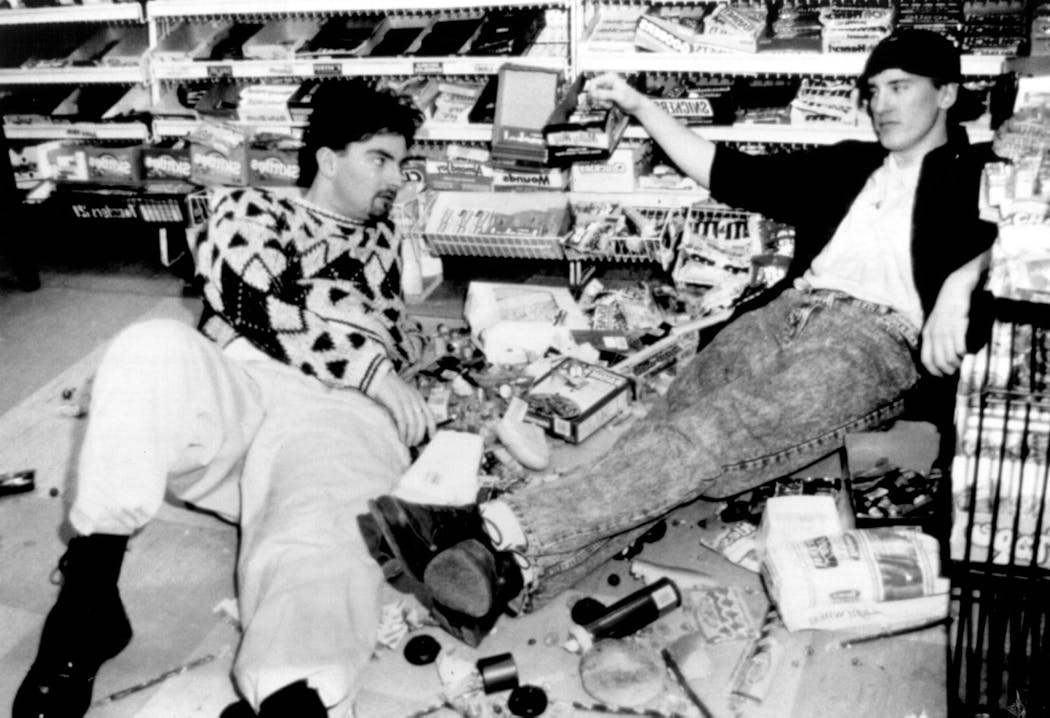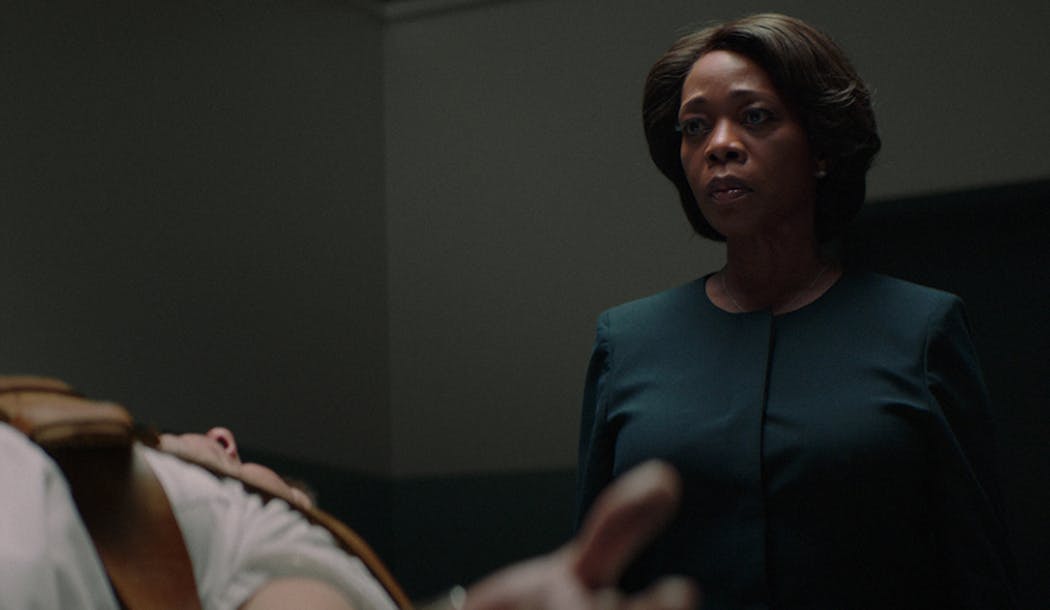It is the best of fests, it is the worst of fests.
The Sundance Film Festival — running now through Feb. 3 with a combo of virtual and in-person screenings around the country — is usually the former. Name an independent movie of the past four decades and it probably debuted at the Utah event spearheaded by Robert Redford since 1984. And though usually only a handful of latte-swilling swells get to experience the movies each January, the best of the films unfurl around the world over the succeeding months, often culminating in Oscars.
"Minari," which both the festival jury and the audience selected as last year's best, is now a strong contender for Oscar's best picture, actor and supporting actress (it finally opens Feb. 12). Eliza Hittman, a 2020 Sundance winner for her "Never Rarely Sometimes Always," is a contender for a best director nomination. And it wouldn't be a huge surprise if all five documentary Oscar nominees were from Sundance: "Boys State," "Crip Camp," "Dick Johnson Is Dead," "Time" and "Welcome to Chechnya."
Wait … five docs received prizes at one Sundance? Yup. (Actually, it was more.) That's the "worst" part. All five of those documentaries are good, but the prizes begin to feel like participation trophies at a Pinewood Derby if there are 34 of them, as there were in 2020. The fest used to hand out just 10 awards or so, but sometimes it seems like the jury couldn't agree, so they concocted a prize for everyone.
Something about seeing a half-dozen movies a day for a week also affects juries, because they occasionally go nuts for movies that either vanish or quickly sour. "Happy, Texas," "The Brothers McMullen," "Songcatcher" and 2016's "The Birth of a Nation" are just a few disappointments that emerged from the fest with tons of buzz.
They're exceptions, though. We owe the flourishing of the independent scene to Sundance, which brought us "You Can Count on Me," "Smoke Signals," "Blood Simple" (which won the top prize in 1985, beating "Seventeen," "Streetwise" and Jim Jarmusch's "Stranger Than Paradise"), "Real Women Have Curves," "American Dream," "Daughters of the Dust" and many great documentaries of the past 40 years. (The fest's docs are almost universally excellent — the list on the Sundance awards Wikipedia page is a great road map.)
Long before Hollywood took notice, Sundance nurtured women and directors of color, leading to big-budget jobs with actual paychecks. Somebody in this year's competition — perhaps Minnesota's Lyle Mitchell Corbine Jr., who wrote and directed "Wild Indian" — will vault from unknown to hot-hot-hot, and their movie will join the list of Sundance all-timers that includes these seven.
'Sex, Lies, and Videotape' (1989)
Exhibit A for Sundance's power is the erotic drama that established Steven Soderbergh and propelled James Spader and Andie MacDowell to stardom. Soderbergh's debut didn't win the jury prize (that was Nancy Savoca's "True Love"), but it took the audience award and debuted one of our canniest directors, who shifts gracefully between experimental projects such as "High Flying Bird" and mainstream movies such as his Oscar-winning "Traffic" and the current "Let Them All Talk."
'The Diary of a Teenage Girl' (2015)
Marielle Heller's intimate/horrifying comedy/drama won for Brandon Trost's cinematography, but Heller's the one whose career took off, with two Oscar-nominated features ("Can You Ever Forgive Me?" and "A Beautiful Day in the Neighborhood"), a filmed play ("What the Constitution Means to Me") and a ballyhooed supporting role as the mother of the main character in "The Queen's Gambit."
'Welcome to the Dollhouse' (1996)
Although Sundance has vaulted filmmakers into Hollywood's top ranks, plenty of directors who score at the fest are wary of big-budget moviemaking: Todd Haynes ("Poison"), Ira Sachs ("Forty Shades of Blue") and Todd Solondz ("Dollhouse"), to name a few. Solondz's deadpan comedy about an adolescent girl who's so nerdy she's cool established a template Solondz has explored ever since in movies such as "Happiness" and the semi-sequel "Wiener-Dog."
'Frozen River' (2008)
The trailer for Courtney Hunt's thriller starts with Quentin Tarantino announcing its Sundance win, but the movie strikes a balance between indie filmmaking (it's about economic insecurity and a key character is played by the late Native actor Misty Upham) and commercial (it's exciting, a word not often associated with Sundance). Surprisingly, Hunt hasn't done much since, although she contributed to Gillian Flynn's 2020 Amazon series, "Utopia."
'Winter's Bone' (2010)
Debra Granik should probably get a timeshare in Park City, where she took Sundance by storm with both "Down to the Bone," which won multiple awards in 2004, and this atmospheric Ozarks melodrama, which also won multiple awards and made Jennifer Lawrence a superstar. "Leave No Trace," a tense thriller that feels like a cousin to "Winter's," premiered at Sundance in 2018 and didn't take home awards, but Granik seems likely to be in the winner's circle again.
'Clerks' (1994)
Kevin Smith's raucous comedy, made for the price of a decent SUV, is one of the all-time Sundance success stories. Filmed at a convenience store where Smith worked when he wasn't shooting, it led to a stream of a dozen or so comedies, including the Eden Prairie-lensed "Mallrats," in which Smith increasingly repeated himself.
'Clemency' (2019)
"Minari's" grand jury prize predecessor didn't get the exposure it deserved, probably because its subject matter — the death penalty — is so divisive. It's not easy to watch, but Alfre Woodard is astonishing as a prison warden who reaches a crisis point when she witnesses a botched execution. Observant writer/director Chinonye Chukwu, the first Black woman to win the top prize, is clearly going places.
Chris Hewitt • 612-673-4367
Live video of man who set himself on fire outside court proves challenging for news organizations

